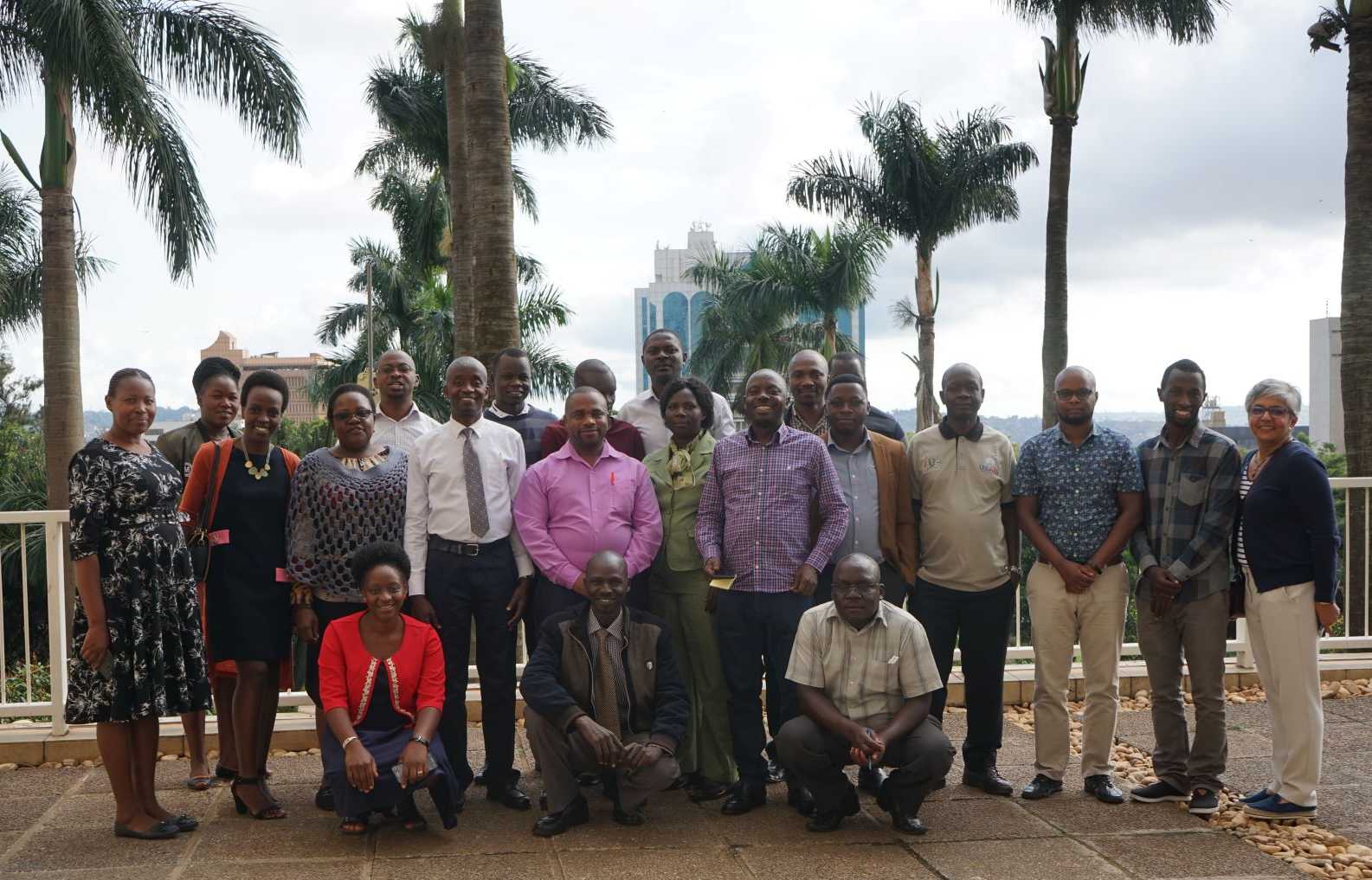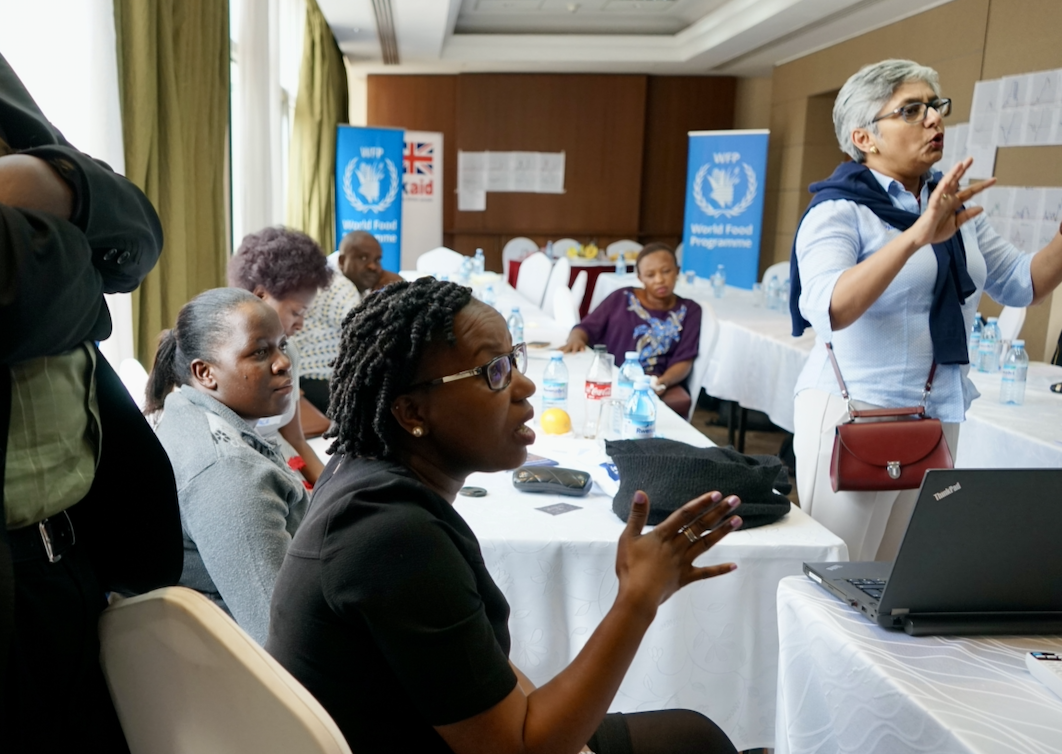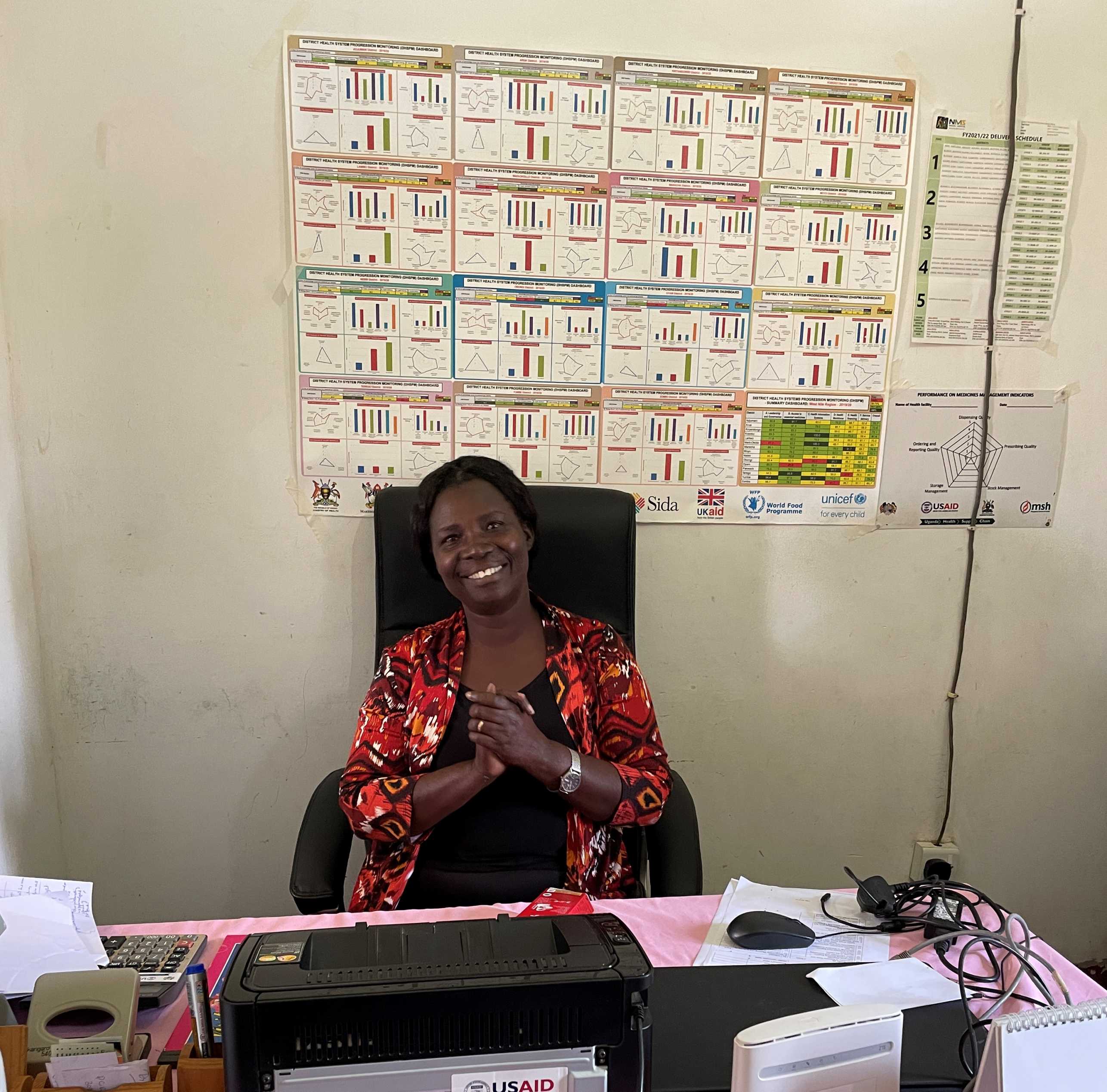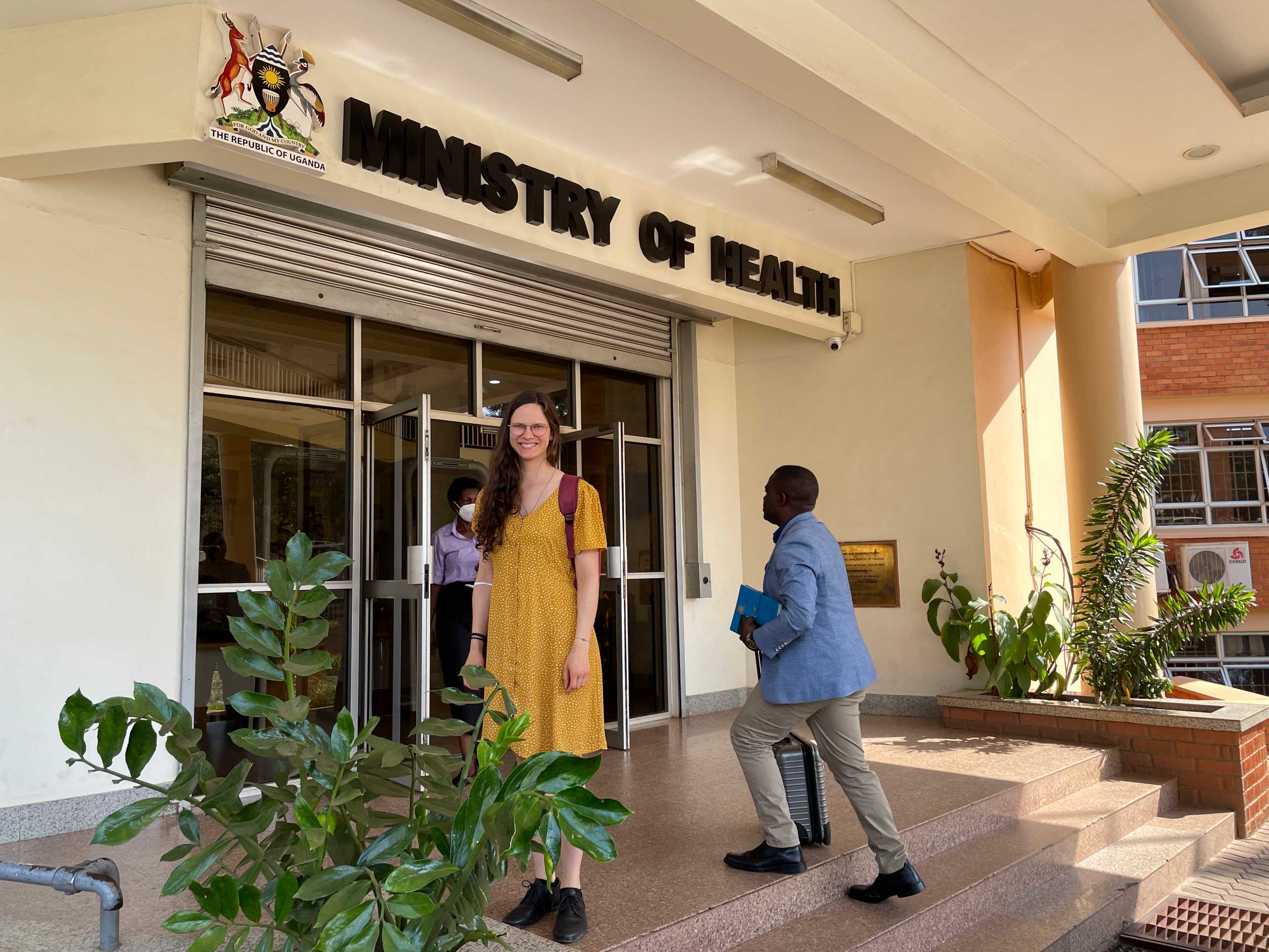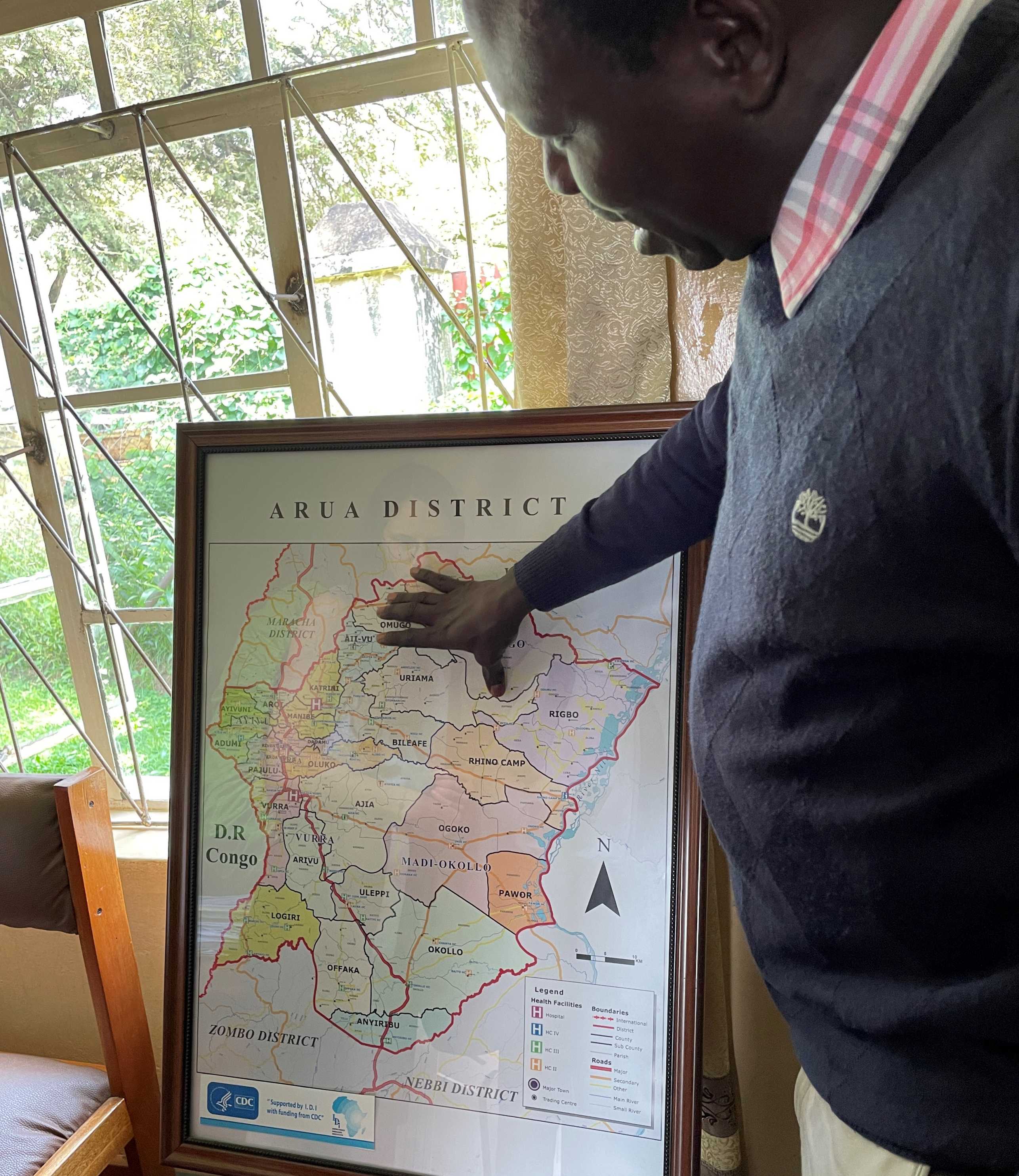Logistics Preparedness for Disease Outbreaks in Uganda
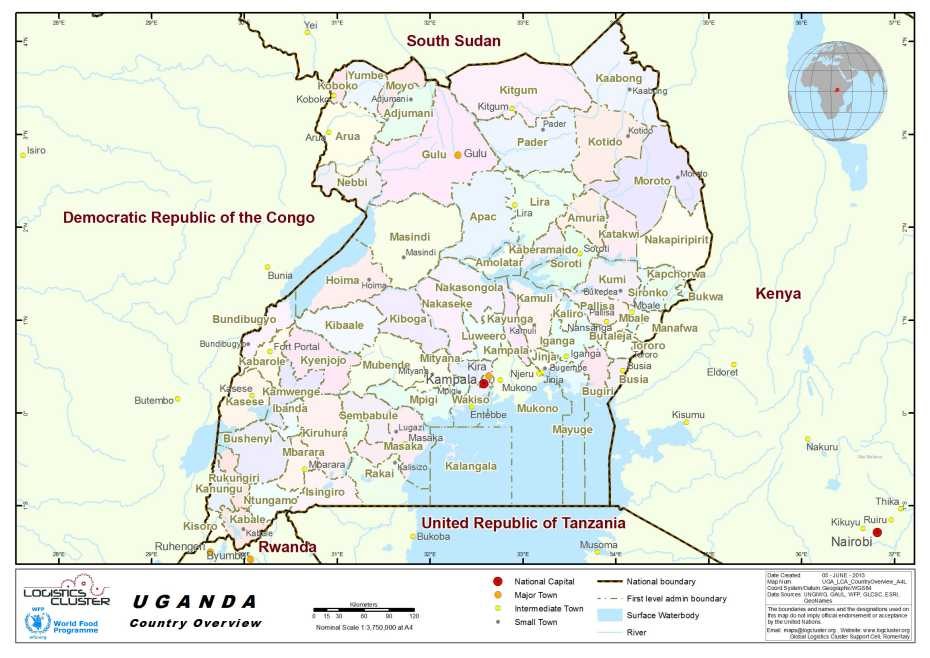
Outbreaks of infectious diseases are regular occurrences in Uganda, whose borders with unstable and disaster-prone neighbors expose the country to imported contagion. If not detected early and effectively contained, these deadly diseases threaten the health and economic well-being of the entire population, and beyond. Disease response is therefore a top priority for the Ministry of Health of Uganda, which has recognized logistics preparedness to be a key success factor.
At the invitation of the Ministry of Health, the project team addresses the research question of how Uganda should set up and operate its supply chain in a collaborative and cost-effective manner to achieve measurable and sustainable improvements in effective responsiveness to infectious disease outbreaks.
The research applies the design science methodology to this ill-structured, practice-based problem. The iterative solution search will draw on scientific network optimization, based on historical patterns of disease outbreak, to compute which locations and levels of stock maximize responsiveness. The project works collaboratively with cross-sectoral stakeholders on the ground to refine the solution prototypes, then support implementation.

